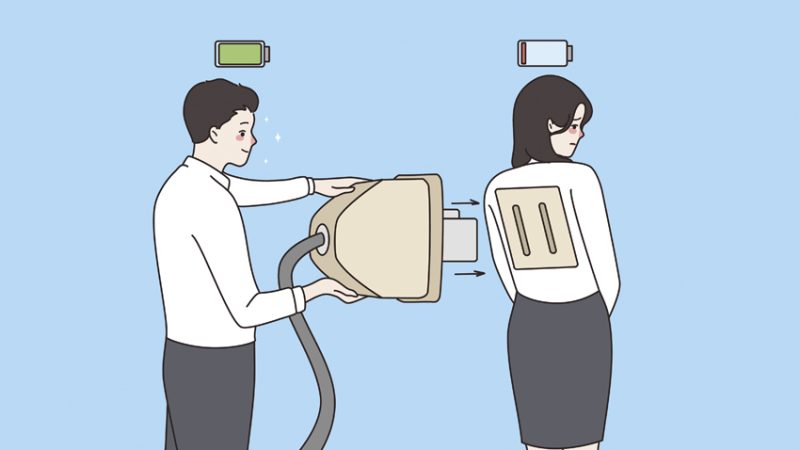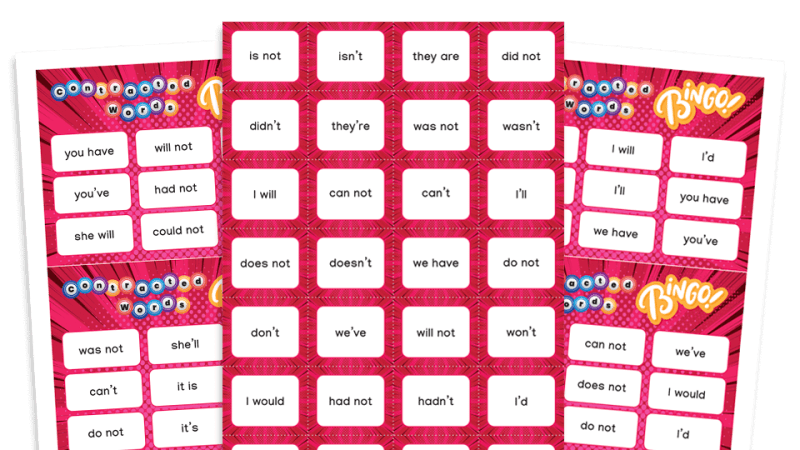Don’t Overdo The Pupil Praise

Praise can do wonders for children’s self-esteem, says Julie Price Grimshaw – but it’s also possible to have too much of a good thing…

I first came across Haim Ginott’s ‘tremendous power’ quote when inspecting a lovely school in Yorkshire. Copies had been stuck to the inside of each door in the ladies’ staff toilets, where the school’s female staff would be reminded of its powerful message several times every day. (I considered asking if there were copies in the gents’ too, but decided against it).
It states, ‘As a teacher, I possess a tremendous power to make a child’s life miserable or joyous’.‘
Samey feedback
Almost every teacher I meet is acutely aware of this. We know that some our pupils face daily challenges out of school that place tremendous stress on them. We care for our pupils, and want to develop their self-esteem and confidence. We know it’s important to praise and encourage children, especially if they may otherwise receive little encouragement out of school.
The effective use of praise is rarely discussed in detail, however. It’s almost as if there are no ‘do’s and don’ts’ because all praise is good. Yet I’m convinced that there are definitely good ways – and less good ways – to use praise.
I recently looked at some writing completed by an extremely able but lazy Y6 boy. He was capable of producing excellent writing, but at times he put very little effort into his work. His latest piece had been particularly weak, and when I spoke to him about it, he told me that he hadn’t tried hard because he didn’t like the topic, and that “Miss doesn’t really mind anyway”.
I then examined the teacher’s feedback. As is the case in many schools, she was required to state first ‘What went well.’ Judging by the child’s work, I’d have to say that virtually nothing ‘Went well’, but she had written ‘Very well done! You answered both parts of the question.’
Under the ‘Even better if’ section was the comment, ‘You need to include punctuation.’ A more honest evaluation of the work might have started, ‘I know that you can write brilliantly, but I can see that you’ve not tried hard with this piece; please could you re-draft it?’ – perhaps with some specific advice on what was needed.
The emphasis I saw on ‘What went well’ had led to all the feedback being very similar. From the marking, it was impossible to tell which pieces of work were excellent and which were poor. All feedback started with ‘Very well done!’
‘You are a superstar’
In another school, the teacher asked an array of closed questions and responded to pupils’ brief answers with, ‘Oh my goodness! That is an absolutely brilliant, fantastic answer! Wow! You are a superstar’ – you get the idea…
Later, when meeting with a group of the pupils I was fascinated to hear several say, “We don’t like it when the teachers say your work is better than it really is”.
Carol Dweck has suggested that we should avoid giving ‘person-orientated’ praise (‘You are brilliant at maths!’), and focus instead on ‘process-orientated praise’ (‘You have used the right methods well to solve these problems’).
The rationale behind this is that we emphasise the idea that success comes from using particular strategies. While there is clearly some merit in this, it doesn’t necessarily stop the practice of over-praising. I also believe there is a place for person-orientated praise, especially in developing pupils’ confidence and self-esteem.
Credit where it’s due
As with any other form of assessment, feedback must be accurate in order to be of any use. Praising what we know to be poor effort is actually conveying a message of low expectations. It’s possible to be critical while maintaining a positive tone.
A piece of work that appears to be weak could represent tremendous effort for one pupil, and therefore be worthy of much praise. Tthe same piece of work could conversely represent a very poor effort on the part of another pupil, and should therefore not be praised in the same way.
Praise is vital, but we also need to assess individuals’ work accurately and build resilience. In our bid to make a child’s life ‘joyous’ rather than ‘miserable’, we are at risk of over-praising. To have high expectations, it may be that we need to be more critical at times.
We should maintain positivity, but only give credit where it’s due. As the teacher, it’s for you to decide where that is.
Julie Price Grimshaw is a teacher, teacher trainer, and education consultant; she has taught primary and secondary, and has been involved in school inspections since 2001. For more information, visit www.selfpropelledlearning.co.uk or follow @Julespg












